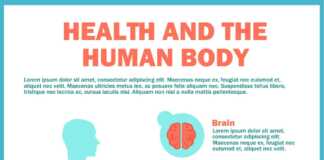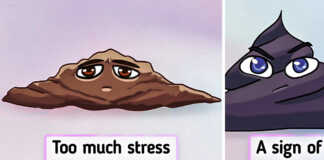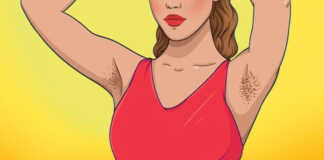They say that every true coffee drinker has 2 personalities: the person they are before they take their first sip of coffee, and the person they become afterward. If you can relate to this, chances are you are very aware of just how addictive caffeine can be.
Everyone here at The Elite Indian is aware that giving up on that delicious cup of coffee in the morning is hard and many people eventually relapse. This is why we’ve decided to point out how our bodies react when caffeine consumption is reduced to zero and what we can do about it.
1. Your body weight is likely to change.

An unexpected body weight change could cause stress for anyone and quitting coffee sometimes leads to that.
Caffeine acts as a metabolism booster, meaning that your body burns calories more efficiently. When you stop drinking coffee, the caffeine supply you were used to will no longer have the calorie-burning effect and you could, in fact, gain some weight. On the contrary, if you were used to having 3 frappuccinos per day and you stop drinking them, you might lose weight, as you would no longer consume that many calories.
2. Concentrating on things will be harder.
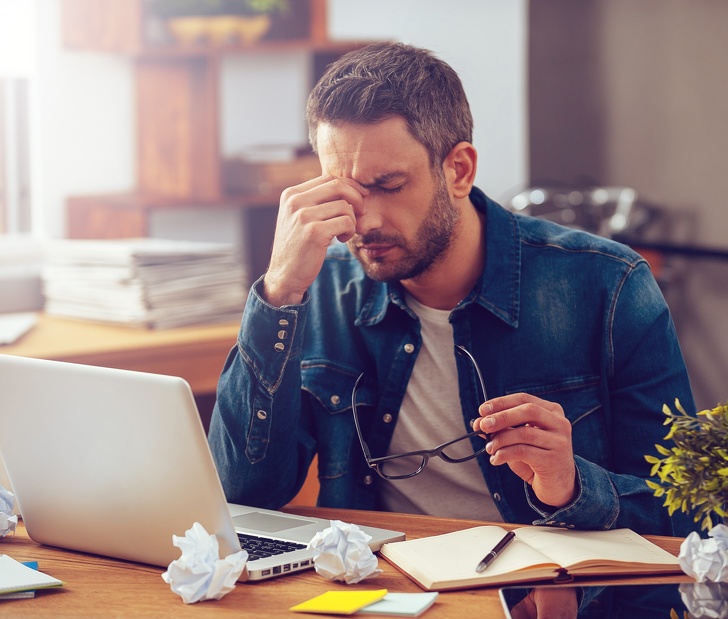
Drinking coffee makes people more alert as it stimulates the dopamine and adrenaline release, which boosts brain activity and raises blood pressure. This means that once you stop drinking it, you will most likely face difficulties when you need to concentrate on work or other important activities because your brain will not be stimulated the way it’s used to.
3. You may experience tremors.
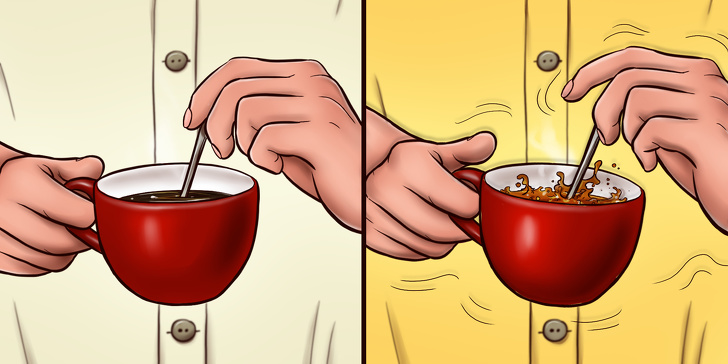
This may sound serious, but it’s not something to be too worried about. Caffeine is a powerful source of stimulation for the central nervous system. Once you quit it, you might experience tremors due to cutting off that stimulative effect. Some people even experience having shaky hands because of regular caffeine overdoses.
Unlike the rest of the symptoms that we’re discussing in this article, only a small portion of those addicted to caffeine experience tremors. But don’t stress — these uncomfortable tremors in your hands will eventually fade away as they last up to 9 days after you’ve had your last cup of coffee.
4. Anxiety will kick in.
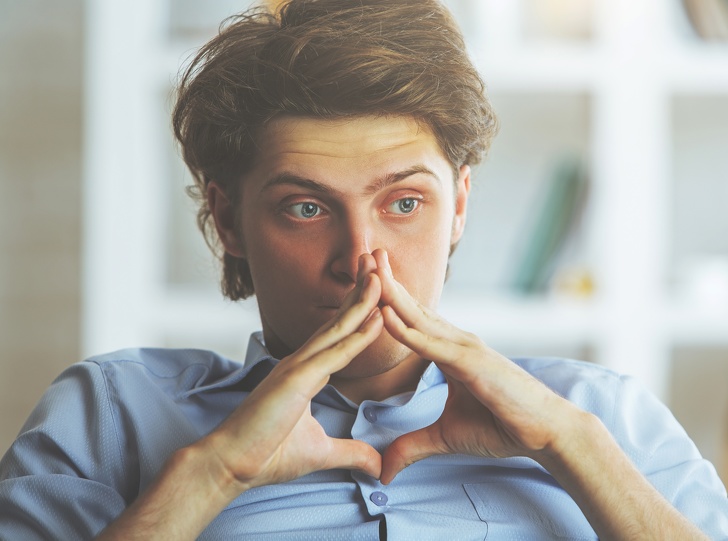
Even if you’re not an anxious person, you will most definitely experience some anxiety as soon as your caffeine withdrawal is in effect. Increased anxiety is common for hardcore coffee drinkers who decide to quit their favorite beverage. This happens because of the chemical imbalance in the brain caused by an insufficient caffeine supply.
5. Headaches will be more frequent.
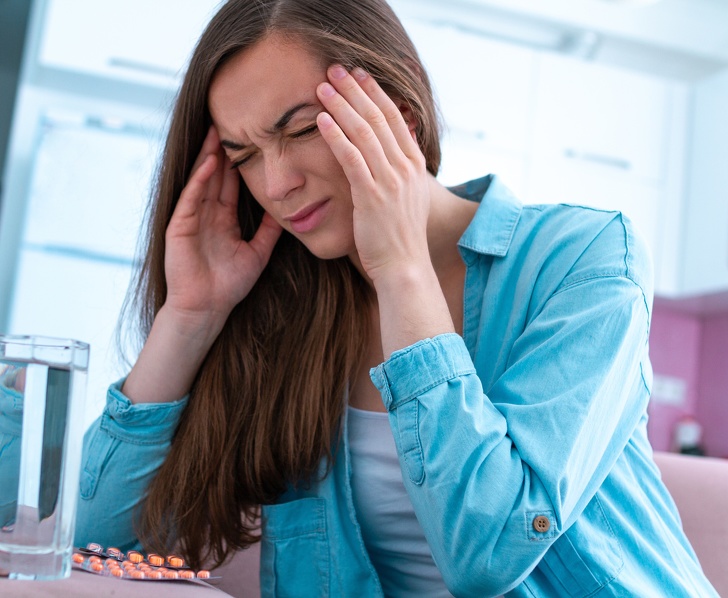
Headaches are, unfortunately, the most common side effect of caffeine deprivation. This is caused by your blood vessels opening up, thus enhancing blood circulation to the brain. Once the body adapts to the increased blood flow, the headaches will eventually fade away. We know what that process feels like — the discomfort related to the headaches can have a negative effect on your everyday activities.
6. You will be low on energy.
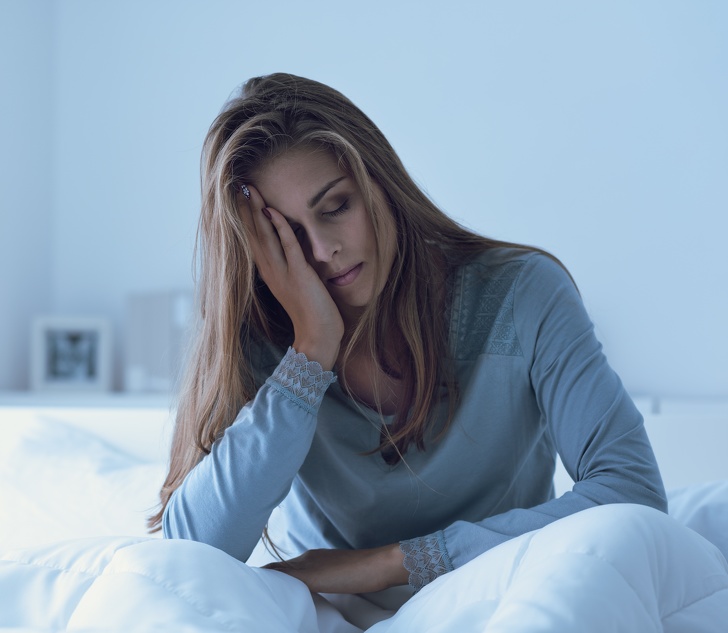
One of the main reasons we get addicted to coffee is because of the energy boost it gives us. Unfortunately, the effect only lasts for an average of 5 hours, which is why many among us drink more than 1 cup of coffee daily, hoping that we’ll be energized and focused throughout the day. This, however, will have the opposite effect once you stop drinking coffee. Most caffeine-addicted individuals experience fatigue immediately after they initiate the caffeine withdrawal.
How can we reduce these negative effects?
As you can see, our bodies react in many different ways when we deprive them of that morning cup of coffee (and the afternoon one, for that matter). The good news is that there are ways in which we can soothe or even prevent those reactions. Here’s a list of things to do if you want to quit drinking coffee for good and have to deal with the aftermath of that decision.
1. Reduce your caffeine intake at a steady pace.
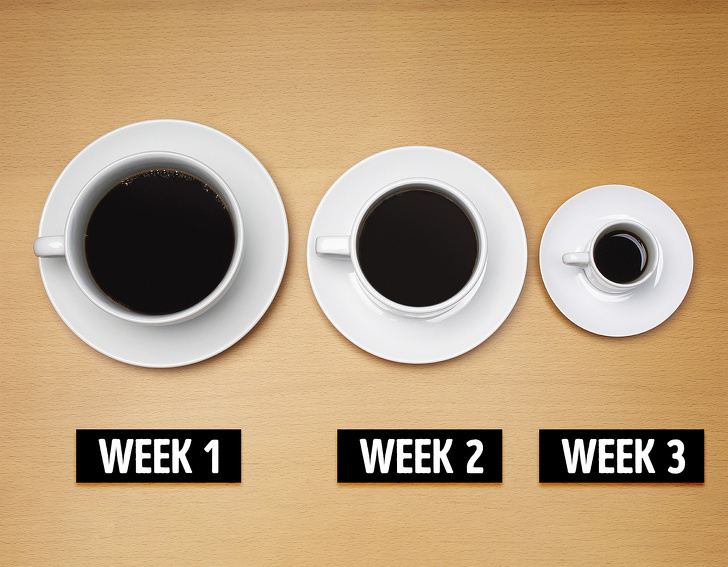
This is by far the best thing you can do when you decide to drop your caffeine intake. It works best if you do it together with your partner or roommate, for example. If you’re a true coffee lover and drink, let’s say, 3 cups per day, you should spend a week drinking only 2. Then you can reduce the amount to only 1 cup of coffee in the morning, after which you eventually stop. These couple of weeks will most definitely help you with the stress of not having enough caffeine in your system.
2. Stay hydrated and drink tea.
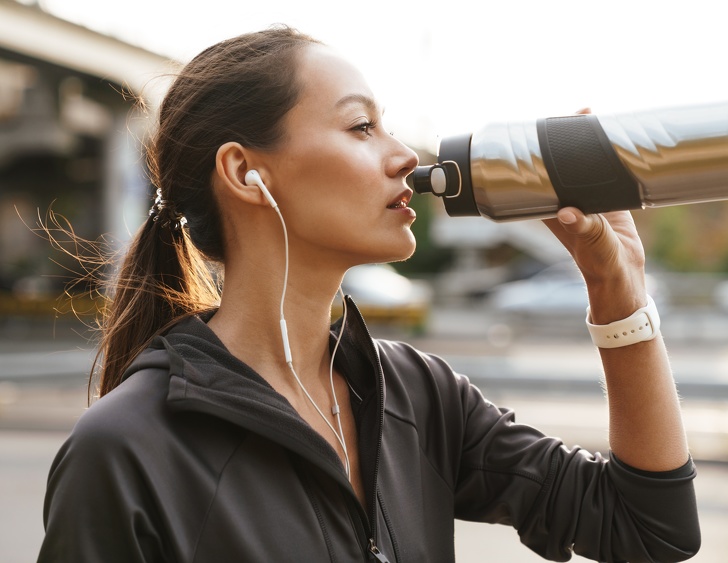
Good hydration is a must, especially if you’re on the path of becoming an ex-coffee drinker. Drink a glass of water every hour — that should be enough. Replace that regular cup of coffee with your favorite tea just to keep the habit of sipping on something in the morning.
3. Exercise and get quality rest.

Reducing stress and keeping your energy levels where they should be is what you need to do when there’s no caffeine in your daily nutritional plan. You can add additional activities, like a 10-minute run around the block or some weight exercises. All of this is good for blood circulation and will give you an energy boost. Being active will increase your alertness and you’ll easily suppress any coffee cravings.
4. Change your diet.

One thing you should consider when trying to cope with caffeine withdrawal is introducing an important change to your diet like consuming more high-fiber foods. Ideally, you should eat more fruits and vegetables, as they are among the best natural sources of fiber you can find.
An increase in your fiber intake is likely to supply your body with the energy you would need after you quit caffeine. Eating more fruits and veggies has a ton of other health benefits too, like an increased concentration of antioxidants which you would also lose if you go into caffeine withdrawal. Last but not least, eating more fiber and the right nutrients will help you with constipation, which is another side effect of quitting caffeine.
So there you have it: caffeine abstinence can affect your body in more ways than one and you need to be prepared for what’s coming, which is why we decided to point out what happens to us when we stop drinking coffee.
Have you ever tried quitting caffeine yourself or at least reducing the amount you consume daily? You’re more than welcome to share your personal experience in the comments below.


